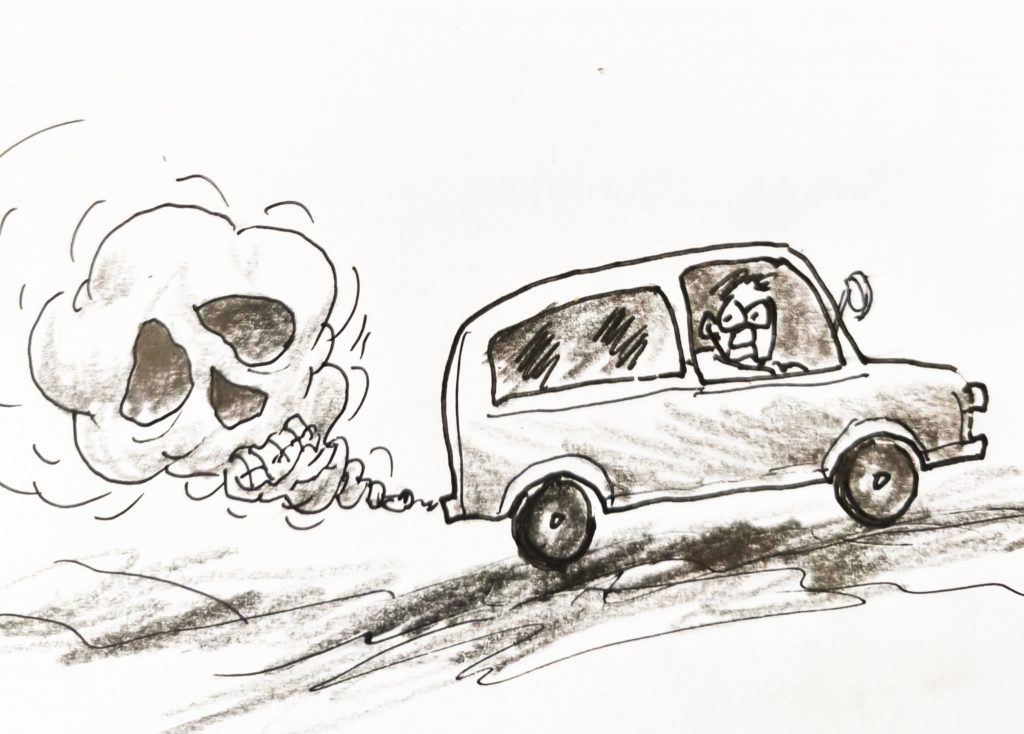Vehicular accidents continue to occur with alarming frequency in various parts of the country. Yet, despite this deadly pattern, there seems to be no serious move from authorities to study the causes and address them decisively. This indifference is a failure of responsibility.
The rising number of road accidents can no longer be brushed aside as mere coincidences or isolated incidents. There is a strong likelihood that these are rooted in persistent problems—drivers under the influence of alcohol or illegal drugs, poor road conditions, lack of discipline, and ineffective law enforcement. While some may argue that accidents are unpredictable, patterns do exist, and those patterns must be studied by competent authorities who have the power—and the obligation—to prevent needless loss of life. Preventable deaths must never be accepted as normal.
In many regions, particularly those outside urban centers, roads are riddled with deep potholes, eroded edges, and uneven surfaces that pose serious hazards, especially at night or in bad weather. These neglected cracks and crevices are not minor defects; they are traps waiting for the next victim. Drivers swerve to avoid them and end up colliding with other vehicles, hitting pedestrians, or crashing into roadside obstacles. Such conditions make accidents not just likely but inevitable. Road maintenance is not a matter of aesthetics—it is a matter of public safety.
Equally disturbing is the role of impaired driving in these incidents. Despite existing laws, checkpoints, and public awareness campaigns, many still take the wheel after drinking or using drugs. The presence of these substances in a driver’s system severely reduces reaction time and sound judgment. When combined with already treacherous road conditions, the results are catastrophic. Enforcement agencies cannot simply issue warnings or conduct token checkpoints—they must act with consistency, credibility, and urgency.
Authorities tasked with road safety and infrastructure management must act before more lives are lost. Data on accident-prone areas must be gathered and analyzed, roads must be assessed and repaired without delay, and traffic laws must be strictly enforced. A country that cannot guarantee safe passage on its roads reflects a deeper flaw in governance. The solution lies not in waiting for the next fatal crash, but in preventing it.




